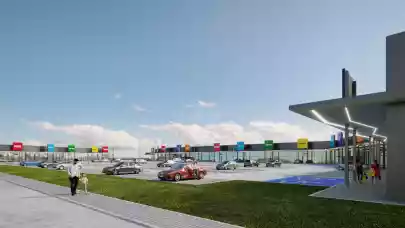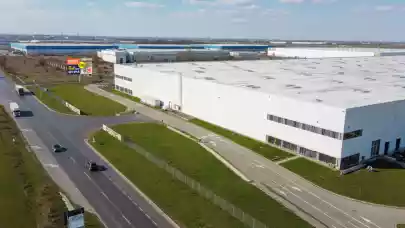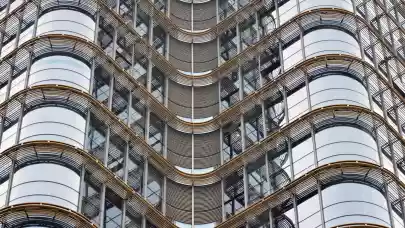
Polish company Scallier is developing a new chain of retail parks in Romania under the Funshop Park brand with the first three expected to open this year. Wojciech Jurga, Managing Partner at Scallier provided an update on the company’s development plans and talked about the differences between the Polish and Romanian markets.
Why did you decide to enter the Romanian market?
Bulgaria and Romania are where modern retail space is most scarce in the EU. Two years ago we decided to enter the Romanian market and I consider this to be the right choice. Why? Retail space must be created where retail companies are on the rise. The strategy many of them pursue includes development in Romania. One example is Schwartz Group, owner of the Lidl and Kaufland chains. Several of their retail chains will be launched in 2021. Developing the Romanian retail park market is an important task for both the tenants who are already active in this market and those planning to expand there. Many cities lack modern retail space and creating retail parks in such market conditions offers a competitive advantage.

Wojciech Jurga
Managing Partner
Scallier
How did you choose which locations to build in?
What counts is the location and who is the first one to launch a business in each location. That is why we choose places where there is no competition yet. Other success factors are the tenant choice of the retail park and its size. The grocery store, the availability of services and the gastronomic offer are key. The facility must have at least 5,000 sqm to compete effectively in the future.
How advanced are the projects? When will the first Funshop Parks be ready to receive visitors?
Six projects are being carried out in Romania. We have already obtained construction permits for three – in Roșiorii de Vede, Focșani and Moșnița Nouă (next to Timișoara) – and we plan to put them into operation by the end of 2021. Further retail parks in Turda, Vaslui and Hunedoara are scheduled to open in 2022. Our goal is to build a large network of modern retail parks across Romania.
Has the pandemic made executing your development strategy more difficult?
We had prepared ourselves for this venture. We studied the market for two years, created a local team and acquired land to build the Funshop Park network. Despite the pandemic, the schedule is going as planned.
Has competition from e-commerce affected your development plans?
Any deliberation on whether we should develop sales in retail parks or shift to e-commerce will first appear in Poland. In Romania, we will reach this stage after larger retail space saturation is achieved.
Do you see any major differences in customer expectations between the Romanian and Polish market?
In Romania, we encountered a greater demand for a gastronomic offer than in Poland. This is probably due to the local culture - Romanians eat out more often. At the onset of the project, we did not take that into account. Queries concerning catering units emerged when the first and second projects were in the pipeline. So we decided to include not only commerce but also leisure space - catering areas and playgrounds for children. There were also requests for service space, e.g. for medical facilities. Before the pandemic, we negotiated a contract with a cinema chain. For obvious reasons, it was not finalised. This shows the differences between the Polish and Romanian markets and the level of demand for modern retail space.
Do you expect more Polish retail chains to enter the Romanian market?
I expect both Western European and Polish retail chains to enter the Romanian market. Polish companies enjoy a strong position in Romania and expect more of them to start their operations in the near future. The Romanian market resembles what the Polish one was a dozen or so years ago. The experience of the Polish chains from that period will pay off.
When do you think a saturation level comparable to the Polish market will be achieved in Romania?
In Poland, retail space is available in medium-sized and small cities. In Romania, apart from Bucharest and a few other cities, there is a shortage of such space. In my opinion, Romania faces at least five years of intensive development. Will we reach a level of saturation comparable to that in Poland by then? I do not think so.



